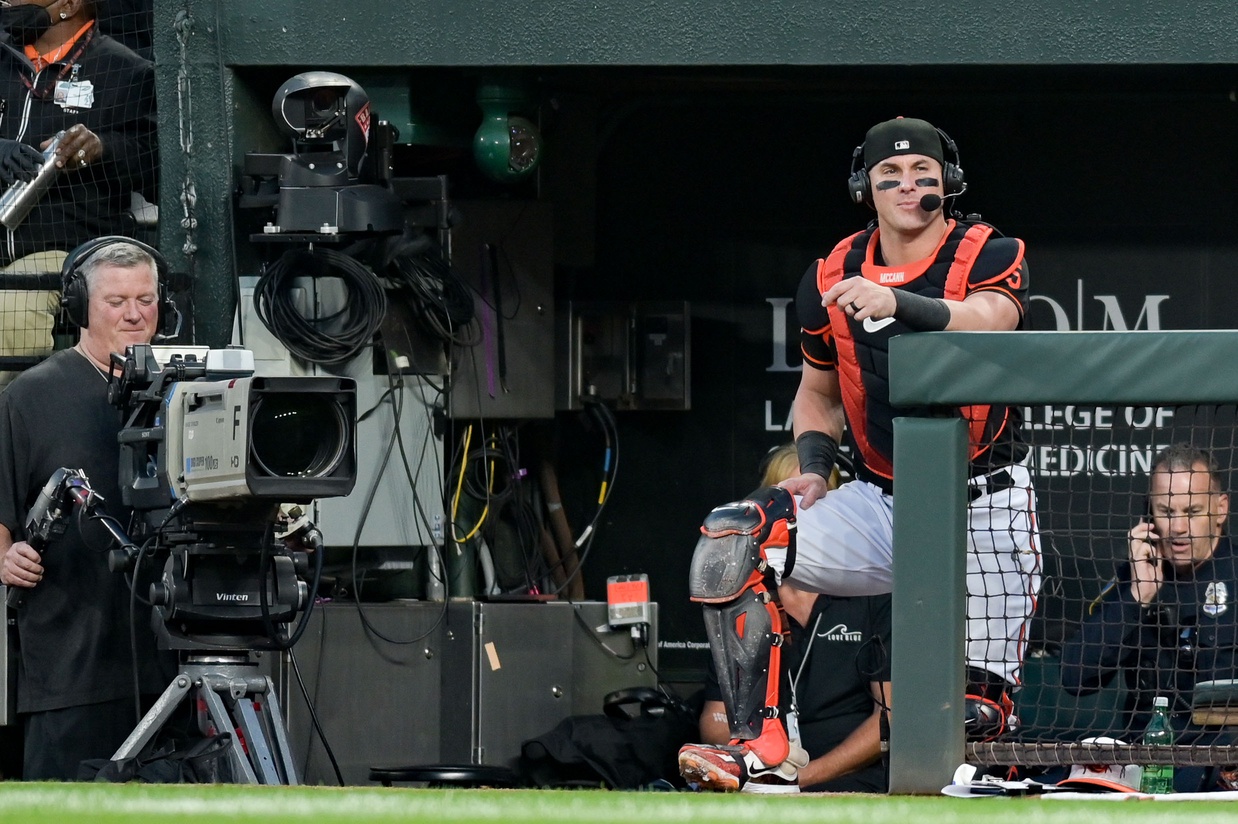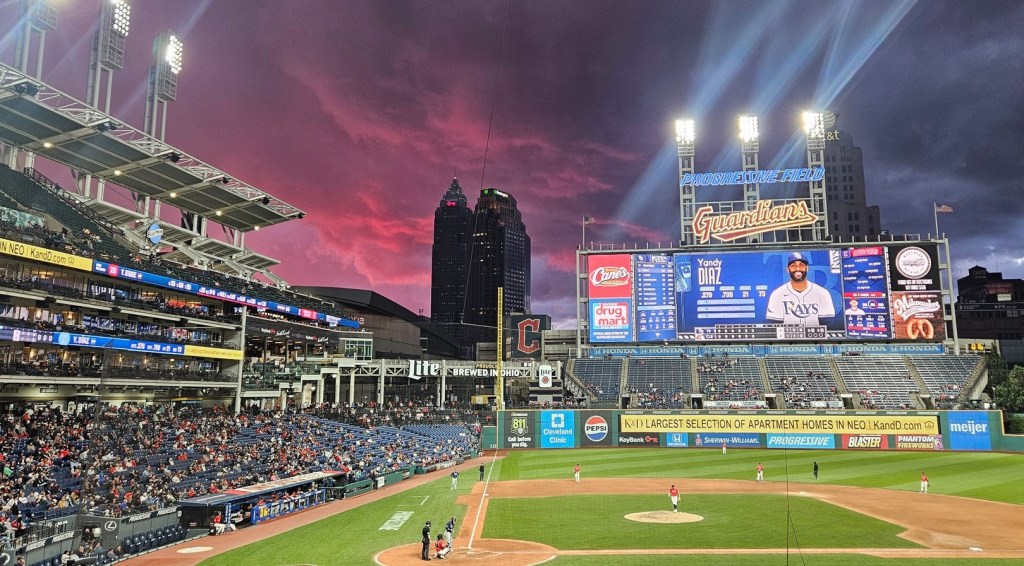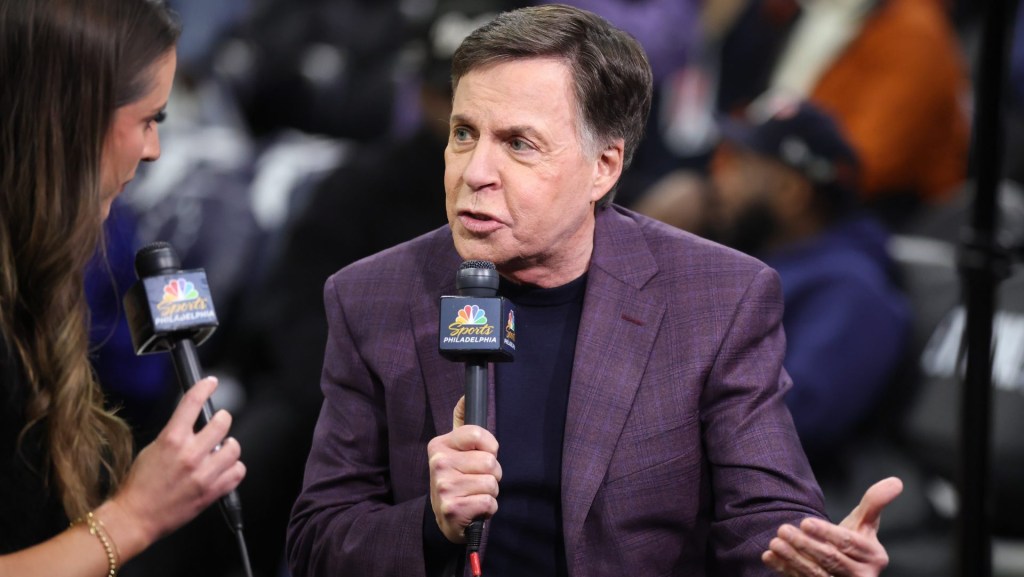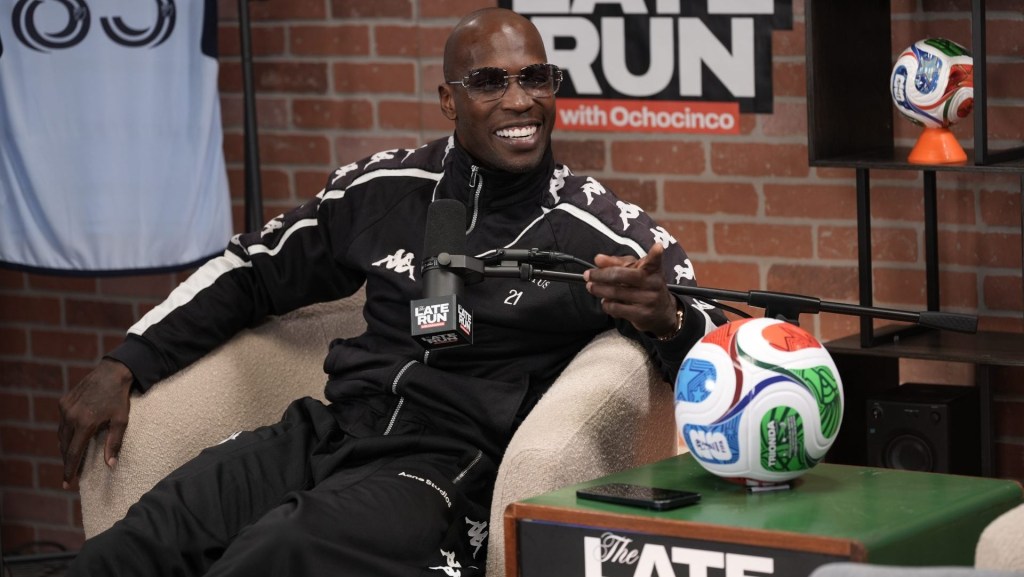The Mid-Atlantic Sports Network is trying to strike a new carriage agreement with Comcast, but the issue transcends the typical contract battles between sports television networks and cable distributors, and it could greatly impact the presence and economic state of two MLB clubs.
The Orioles-controlled regional sports network’s contract with the largest cable carrier in the Baltimore-Washington region expired at the end of February, and a short-term extension has been reached that will give them until March 7 to strike a new deal. But those discussions are occurring against a backdrop of significant change on both sides of the table.
From Comcast’s perspective, the talks arrive amid continued cord-cutting across the entire pay-TV industry and rising costs for RSNs of all types. Because of that, the carrier has already been shifting such networks to higher-cost premium tiers that target the channels to more avid fans willing to pay for them. Comcast recently made such a move in Pittsburgh and Seattle. If Comcast were to do the same in Baltimore and Washington, fans there would be faced with a choice of paying for a more expensive Xfinity package or switching to another cable or satellite TV provider. Other distributors, too, are paying close attention to how Comcast handles these RSNs.
Without any type of new deal between MASN and Comcast or another extension of the negotiating window, a large swath of the Baltimore and Washington markets will be blacked out from watching the Orioles and Nationals. There is also no direct-to-consumer streaming option, as MASN has not developed an in-market offering similar to what is available in several other MLB markets, and it only livestreams content to authenticated cable subscribers.
For the Orioles, meanwhile, the situation with MASN’s largest distributor arrives just as the club is in the midst of being sold to private equity billionaire David Rubenstein. Even before the completion of that deal, valuing the club at $1.725 billion, the club faces a potentially large shift with one of its key local revenue sources. Comcast’s placing of MASN on a less popular tier, if it happens, would meaningfully cut into the channel’s distribution and income, and no deal at all would obviously be even more damaging to the club financially.
The Nationals are now off the market after a change of heart by the Lerner family on a potential franchise sale. But the club remains a minority equity partner in MASN, and it also faces a major loss in public exposure and revenue without a new distribution agreement with Comcast.







![[Subscription Customers Only] Jun 15, 2025; Seattle, Washington, USA; Botafogo owner John Textor inside the stadium before the match during a group stage match of the 2025 FIFA Club World Cup at Lumen Field.](https://frontofficesports.com/wp-content/uploads/2026/02/USATSI_26465842_168416386_lowres-scaled.jpg?quality=100&w=1024)
![[Subscription Customers Only] Jul 13, 2025; East Rutherford, New Jersey, USA; Chelsea FC midfielder Cole Palmer (10) celebrates winning the final of the 2025 FIFA Club World Cup at MetLife Stadium](https://frontofficesports.com/wp-content/uploads/2026/02/USATSI_26636703-scaled-e1770932227605.jpg?quality=100&w=1024)








